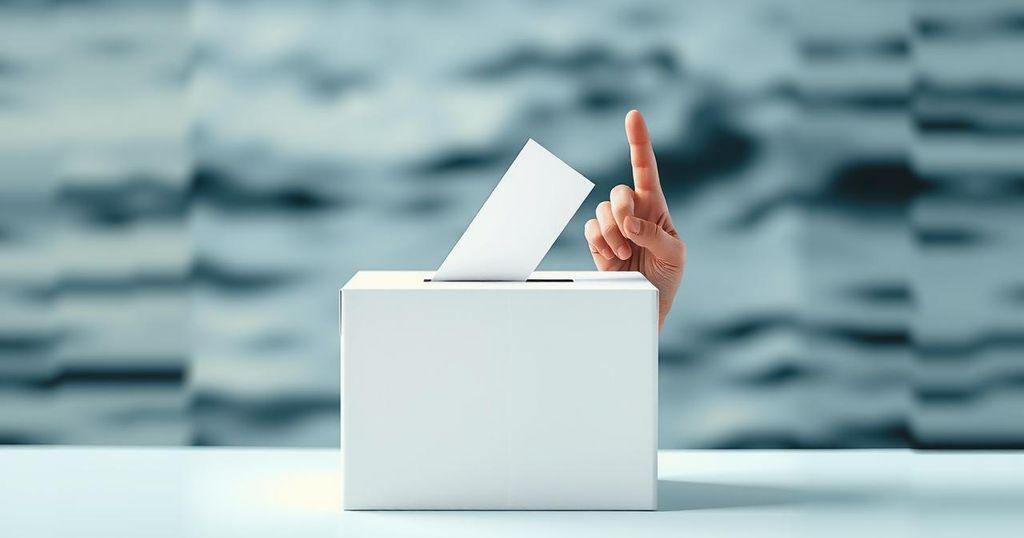S. Jaishankar Defends India’s Democracy at Munich Security Conference 2025

At the Munich Security Conference 2025, S. Jaishankar defended India’s democracy against claims of global democratic decline, emphasizing high voter participation and the positive role of democracy in citizen welfare. He urged for recognition of varied democratic experiences and criticized the prevailing political pessimism, advocating for the acceptance of diverse successful democratic models beyond the West.
At the Munich Security Conference 2025, Indian External Affairs Minister S. Jaishankar defended India’s democratic framework, contrasting it with the prevalent Western narrative of global democratic decline. Participating in a panel on democratic resilience, he emphasized India’s active voter engagement, noting that nearly two-thirds of eligible voters participated in recent elections, which underscores the strength of Indian democracy despite global challenges.
Jaishankar highlighted that 700 million out of 900 million eligible voters exercised their right in national elections. “We count the votes in a single day,” he stated, affirming that India’s voting process is efficient and robust. He asserted that the assertion of democracy being in peril globally contradicts the positive experiences in India, which has seen increased electoral participation.
Responding to concerns raised by US Senator Elissa Slotkin regarding democracy’s efficacy in addressing basic needs, Jaishankar articulated that democracy does indeed provide for nutrition and sustenance in India. He explained that democratic processes enable the support for 800 million people, countering the notion that democracy fails to contribute positively to welfare.
Jaishankar urged discussions to recognize the diverse experiences with democracy around the world, advocating for honest dialogues about different models. He acknowledged existing issues, attributing them to accumulated problems stemming from globalization over the past few decades rather than flaws within democracy itself.
He wrote on social media about his disagreements with the political pessimism prevalent in discussions surrounding democracy. Stressing that India adopted a democratic model post-independence, he suggested that many nations in the Global South might resonate with India’s experiences over Western paradigms. Jaishankar called for the global community to embrace successful democratic models from outside Western contexts to foster democracy’s triumph.
The Munich Security Conference, taking place from February 14 to 16 in Munich, Germany, serves as a platform for addressing significant global security challenges and foreign policy issues.
In conclusion, S. Jaishankar’s remarks at the Munich Security Conference emphasize India’s resilient democratic framework while challenging the narrative of a global democratic crisis. He highlights the active voter engagement in India, addresses criticisms regarding democracy’s impacts on welfare, and advocates for an understanding of diverse democratic experiences worldwide. Ultimately, he calls for a broader acceptance of successful democratic models from non-Western nations to enrich global discourse on democracy.
Original Source: www.hindustantimes.com







